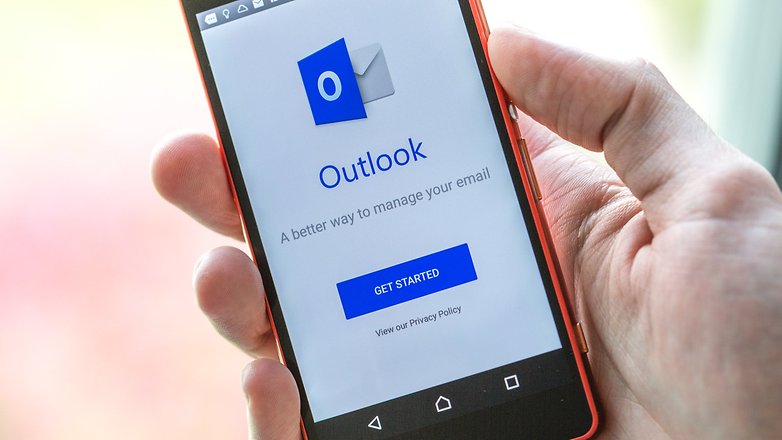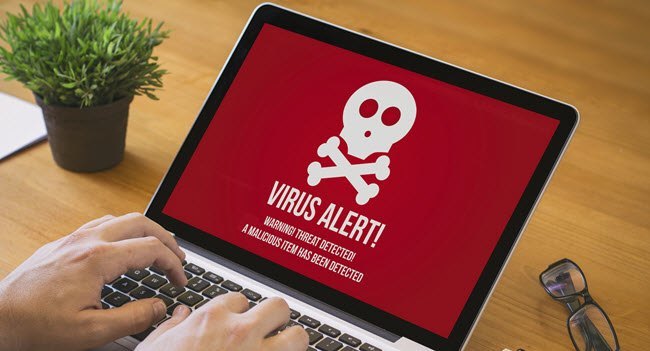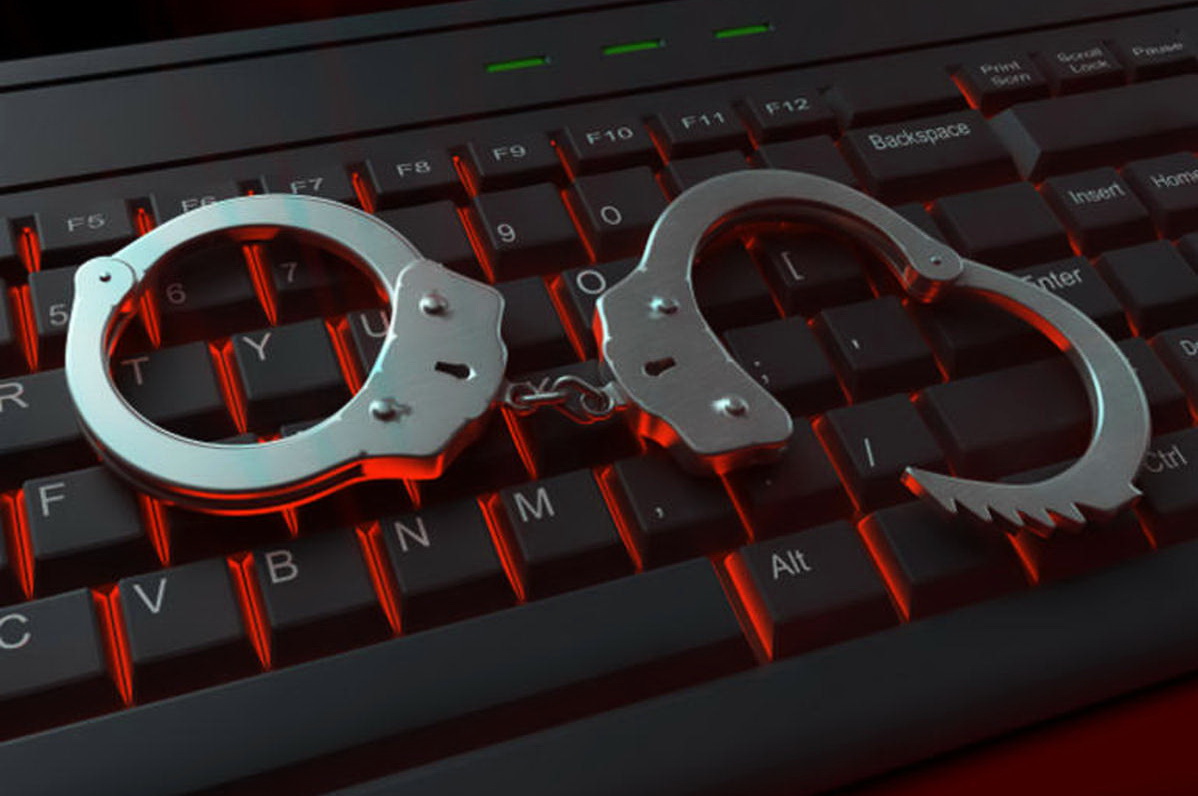Functional and monthly updates for Windows 10 can become a real headache for users, and patch KB4540673, released on March 10 this year as part of Microsoft’s “Update Tuesday” is no exception – for some users this update causes BSOD.
Some users also complain that after installing the update, the system freezes on the BIOS/UEFI update screen and does not even allow Windows to start in safe mode.“Honestly, how annoying it is that my laptop is completely out of order due to this update,” – complains one of the affected users on the Microsoft forum.
In addition, some have reported that installing the update takes too much time. On some systems, there is a problem with installing it.
“The update is not installed. It restarts and reports that the update has not been installed, ” – writes one of the users.
As wrote Forbes observer Gordon Kelly, Windows 10 users had a rotten couple of months, but now is no time to relax because Microsoft updates have struck again.
“I have the same problem. Only mine is set to 1%, does not go further and does not allow other updates to load. I do not know what to do. The whole day is 1% and does not move on”,- complains another victim.
According to one user, installing KB4540673 again causes a problem with the user’s temporary profile.
Judging by the messages on the forums, the failure does not occur on all systems, and it is still unclear how common the problem is. As it stands, Microsoft has confirmed one issue with the update on the official KB4540673 page, stating that 32-bit applications and processes “might encounter issues” on Windows Server. But nothing has been recognised for the problems everyday Windows 10 users are currently experiencing.
If your PC will still boot after installing KB4540673 (a big IF in a lot of cases) then the problems can be reversed by uninstalling the update. You can do this by following these steps:
- In Windows Desktop Search type ‘update history’ then click ‘View your Update history’
- Select ‘Uninstall Updates’
- On the Installed Updates dialog window, find and select KB4540673, click the Uninstall button
- Restart
If you want to proactively block KB4540673 for installing in the first place, download the Windows Update troubleshooter. This can also stop it from attempting to install later.
However, to the credit of Microsoft, I must say that the company released several important “patches” to Windows, as part of this update. These patches were long promised by the vendor. Even with an additional patch, Microsoft closed the bug in SMBv3, which has the potential of a worm.
Nevertheless, the methodology for testing updates, as we see, remains very weak in the company.





